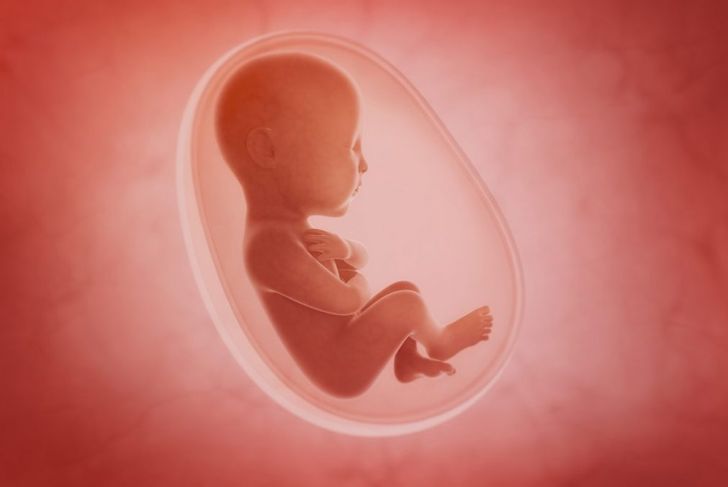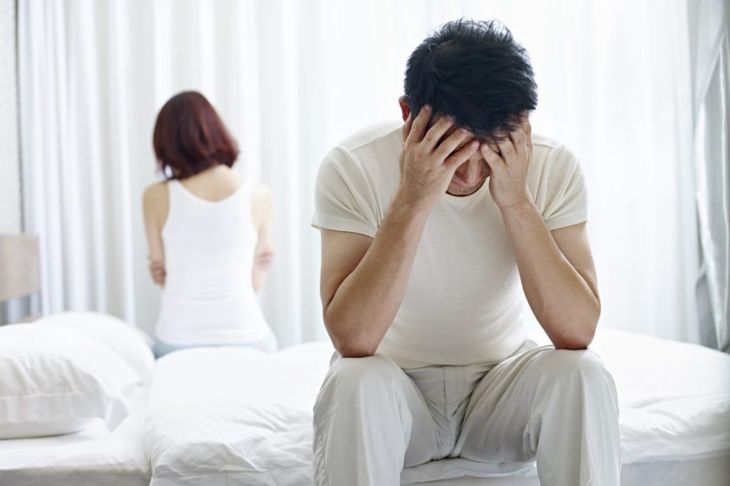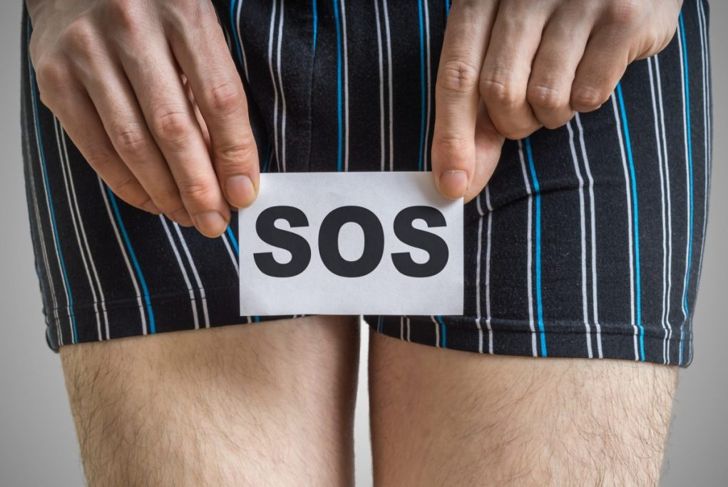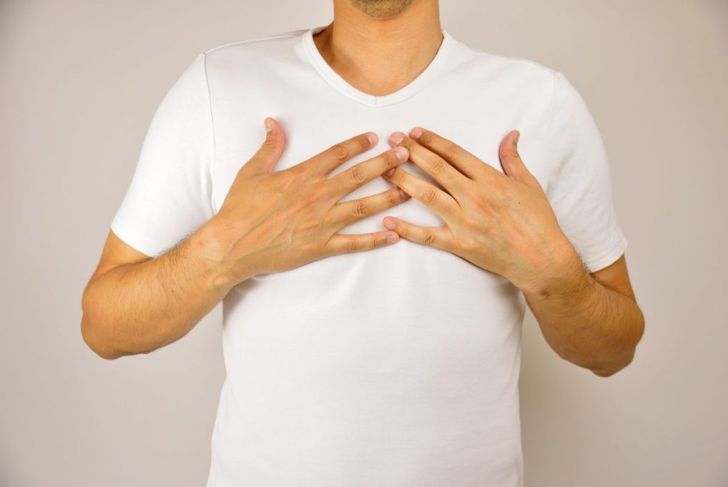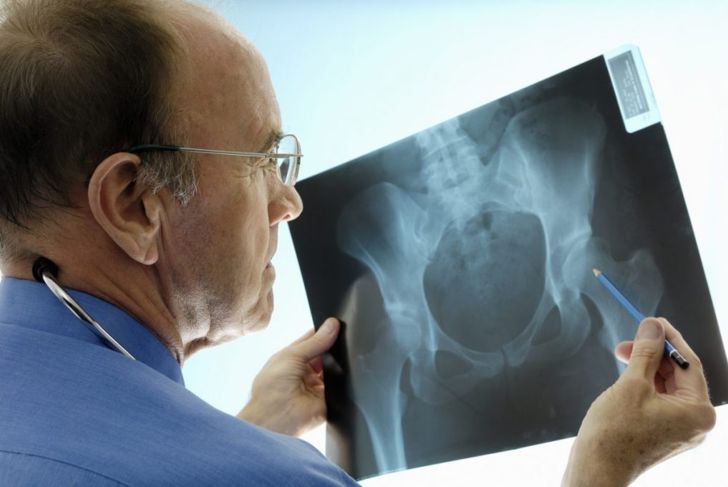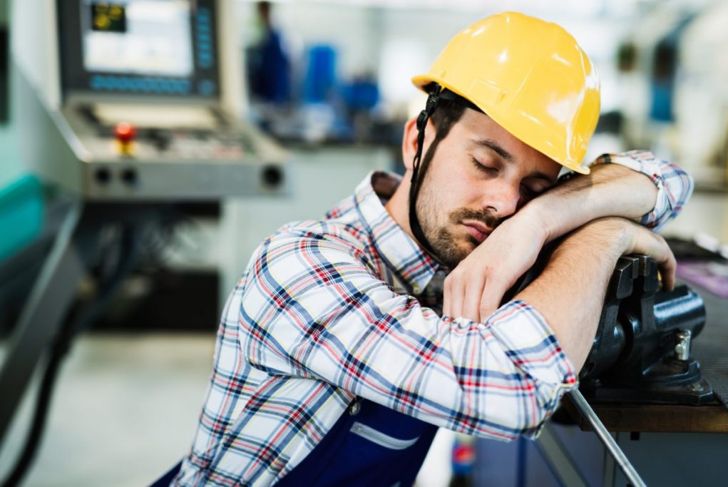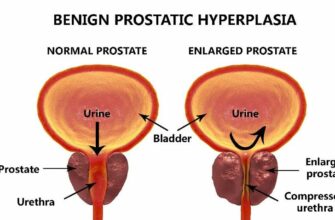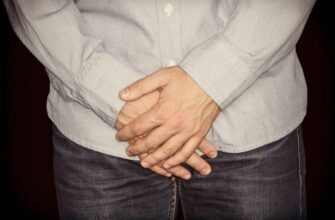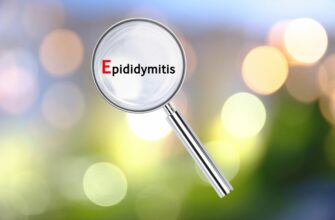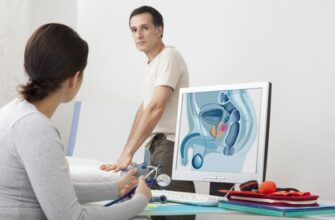Men with hypogonadism are unable to produce adequate levels of testosterone, the hormone responsible for male growth. Testosterone is mainly responsible for development during adolescence and plays a key role in sperm production. Hypogonadism may be present from birth or develop at any point throughout a male’s lifetime. Causes of hypogonadism vary. Illness, injury, medical treatments, aging, obesity, and failure of the testicles to drop are all known causes of hypogonadism. Treatment with testosterone replacement therapy is possible in some cases; however, sometimes hypogonadism is permanent. There are a number of symptoms of male hypogonadism.
Improper Genital Development in Utero
Hypogonadism may be detectable in babies even before they’ve exited the womb and develops when the baby does not produce enough testosterone during the fetal development phase. An ultrasound can detect ambiguous or underdeveloped male genitals. Female genitalia may also develop on a baby who is genetically male. However, detection of hypogonadism is more likely to be diagnosed after birth.
Poor Development During Puberty
Males with hypogonadism often experience slowed development during puberty. Body hair doesn’t grow or grows extremely slowly, and often the penis and testicles will fail to grow as well. Muscle mass tends to decrease relative to age and height. In many cases, the arms and legs will grow at a faster rate than the rest of the body. In some males with hypogonadism, breasts may begin to develop during puberty.
Erectile Dysfunction
Adult males with hypogonadism often have a difficult time achieving or maintaining erections. This can hinder spousal relationships, and single men may avoid entering into intimate relationships as a result of their erectile dysfunction. Some medications may help men overcome this symptom.
Infertility
Testosterone plays a large role in the production of sperm. As a result, males with hypogonadism often have very low sperm counts, which results in infertility. This symptom can put a lot of stress on intimate relationships.
Loss of Body Hair
A decrease in the amount of hair on arms, legs, chest and pubic region may be the result of low testosterone levels. Often, adult men who have hypogonadism may notice their body hair falling out or becoming patchy. This may occur gradually over time or come about rather suddenly. Without treatment, body hair may fall out entirely.
Development of Breast Tissue
In some cases of hypogonadism, men begin to develop breast tissue. This symptom may be severe enough to cause noticeable breasts. This can be embarrassing, and as a result, men with hypogonadism may become depressed or withdrawn. In many of these instances, testosterone replacement therapy can alleviate this symptom.
Osteoporosis
Osteoporosis is most common in menopausal and post-menopausal women. It causes the depletion of bone mass, which leads to fragile, easily broken bones. Men with hypogonadism frequently experience the sudden onset of osteoporosis, and the condition can develop at any age. To prevent bone loss, men with hypogonadism should be mindful of both calcium and vitamin D intake.
Hot Flashes
Hot flashes are another symptom most common in menopausal women. A hot flash comes on suddenly and causes a person to feel extremely warm, primarily in their head, neck, and chest. Hot flashes are often accompanied by reddened cheeks. Occasionally, the person will also feel lightheaded or woozy. Men with low testosterone levels may be prone to hot flashes.
Fatigue
Men with hypogonadism may find it difficult to get through the day or get out of bed in the morning. Extreme fatigue is a common symptom of low testosterone. This symptom can interfere with day to day life and have a negative effect on career, school, and relationships. Some men can improve energy levels by making adjustments to their lifestyle. However, when fatigue isn’t manageable at home, medical intervention may be necessary.
Inability to Concentrate
When testosterone levels are low, men are likely to experience trouble focusing. They may find themselves easily distracted and unable to follow simple conversations or television programs. As a result, work, school, and other day-to-day activities may be negatively affected. Ensuring the body receives enough sleep, and avoiding caffeine, processed foods, and alcohol may help to ease this symptom.

 Home
Home Health
Health Diet & Nutrition
Diet & Nutrition Living Well
Living Well More
More